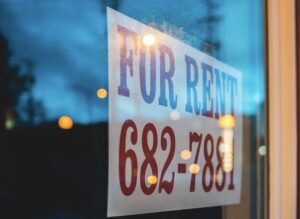The FairPlay phone has been ringing nonstop lately…about auto lending.
Indirect auto lenders who finance vehicles through car dealerships are the target of increased scrutiny by regulators.
To start, everything about cars is getting more expensive:
Additionally, in the age of AI and Big Data, cars and technology are merging in new ways that raise novel consumer protection questions. For example, take recent news reports about auto manufacturers selling behavioral data about drivers to insurance companies, or the wave of new legislation in state capitols requiring auto dealers to delete consumers’ personal information from the systems of vehicles they sell or trade in.
The question is, why?
- Loan amounts are increasing;
- Monthly payments are increasing;
- Interest rates are increasing; and
- Insurance costs are increasing.
The result? Fairness issues in the auto sector are high on the regulatory priority list.
In our work, we see regulators regularly investigating practices like loan mark-ups. The National Credit Union Administration has said that if it finds dealers have the authority to mark up loans by more than 125 basis points or statistically significant pricing disparities of 20 basis points or greater for protected groups, it will investigate for discrimination.
The challenges posed by an uncertain credit outlook and increased regulatory scrutiny mean that auto lenders need a proactive approach to managing fairness risks.
Without it, auto lenders may face the same level of fines and enforcement currently being felt by others in the banking sector.
With regular fairness testing and monitoring of the decisions made by dealers, lenders can identify and mitigate compliance risk before the regulators get there. Even better, fairness optimized credit models can increase the lenders’ profitability, while remaining compliant.
If you’re an auto lender looking for help navigating these challenging times, give us a call.




